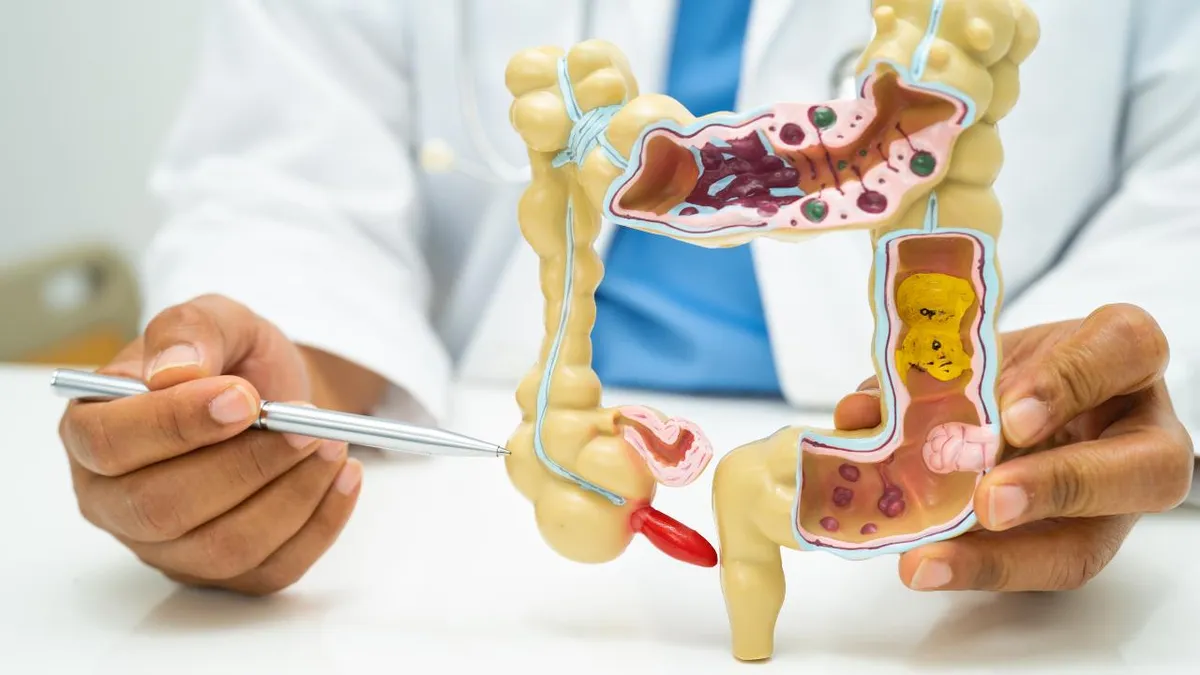
Appendix cancer has long been regarded as one of the rarest forms of cancer, with the National Cancer Institute reporting that it affects only 1 to 2 individuals per million annually. However, recent studies indicate a concerning trend: the incidence of appendix cancer is significantly increasing among younger adults, particularly those from the Gen X and millennial generations. A groundbreaking study featured in the Annals of Internal Medicine has revealed a startling threefold increase in cases among Gen X individuals and a fourfold increase among millennials when compared to older age groups.
Researchers have discovered that one in every three cases of appendix cancer now involves adults under the age of 50. In contrast, only one in eight diagnoses of colorectal cancer occurs within this same age bracket. While the absolute numbers of appendix cancer cases remain low, this shift in age demographics raises critical questions regarding early detection and awareness of the disease.
Many symptoms associated with appendix cancer are vague and can easily be confused with common gastrointestinal ailments. Here are five signs that may frequently be overlooked or misinterpreted:
Some appendix tumors can lead to persistent or intermittent pain in the lower right abdomen. Unlike the sharp, acute pain associated with appendicitis, this discomfort is generally dull and ongoing. Because it may not disrupt daily activities immediately, it is often overlooked by individuals.
Appendix tumors can cause subtle alterations in bowel habits, such as unexplained constipation, diarrhea, or irregular patterns. While these changes may not be dramatic, they can persist over time. Given the appendix's connection to the large intestine, even small tumors can significantly influence bowel behavior.
Certain types of appendix cancer, particularly mucinous adenocarcinoma, may produce thick mucus that leads to fluid accumulation in the abdomen. This can result in bloating or a sensation of fullness that is not simply related to overeating or lactose intolerance. Unlike typical short-term bloating, this symptom may endure for weeks.
Chronic internal blood loss due to tumors can result in mild anemia, which often goes unnoticed during the early stages. Symptoms such as fatigue, lightheadedness, or shortness of breath can easily be misattributed to daily exhaustion or lack of sleep, masking the underlying issue.
Appendix cancer symptoms may mimic those of irritable bowel syndrome (IBS) or stress-related issues. This overlap can lead to misdiagnosis and delayed treatment, further complicating the management of the disease.
As the incidence of appendix cancer rises among younger adults, it is crucial for individuals to be aware of the potential symptoms and seek medical advice if they experience any concerning signs. Early detection plays a vital role in improving outcomes, and increased awareness can help ensure that appendix cancer is recognized and addressed in a timely manner.